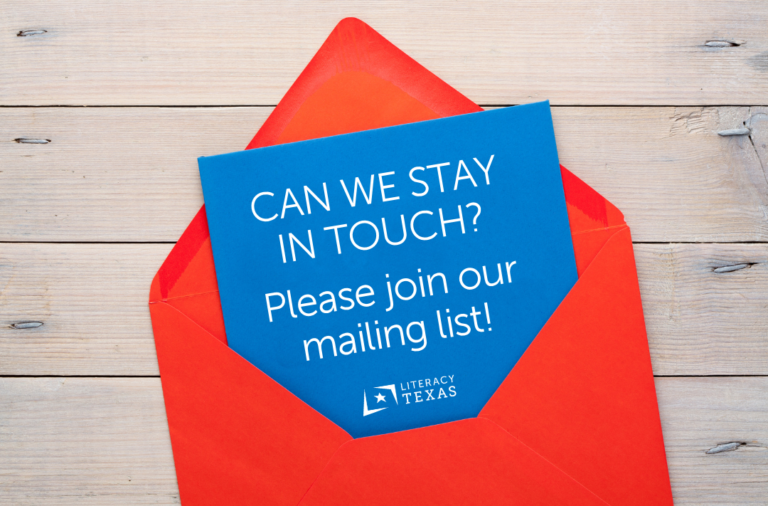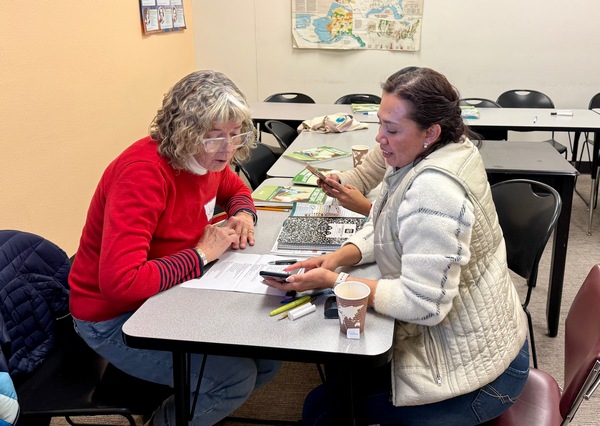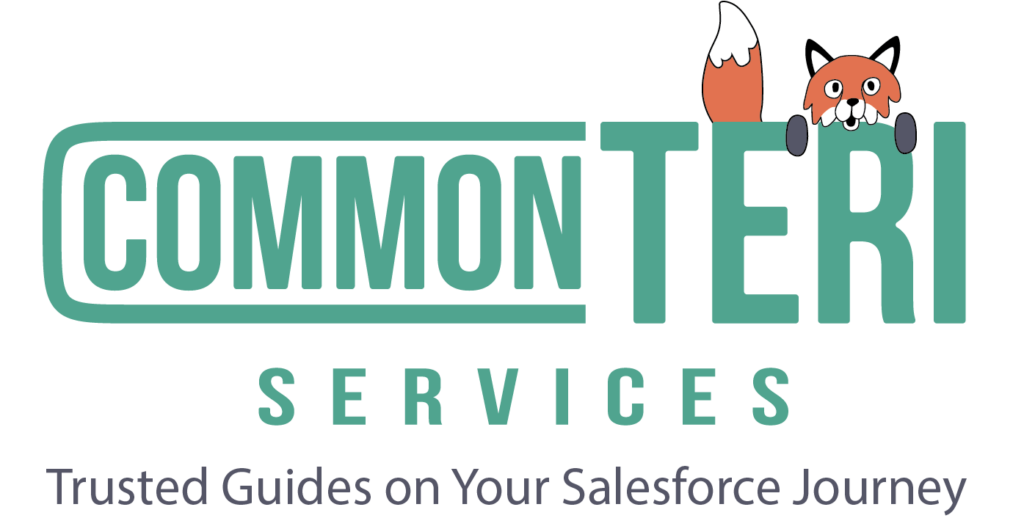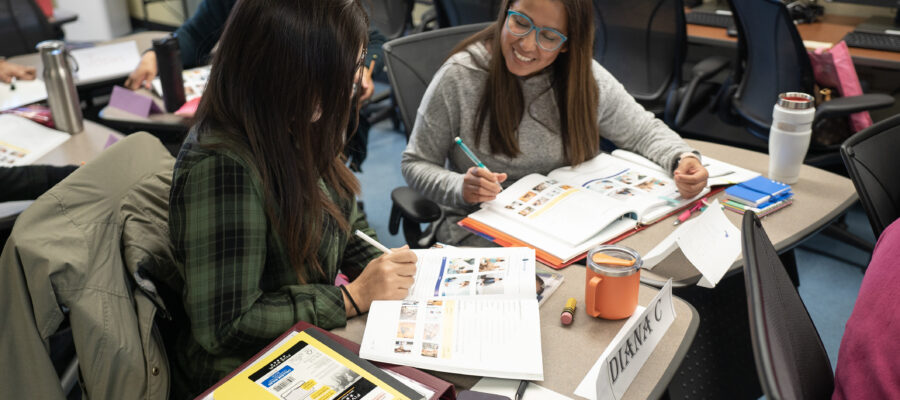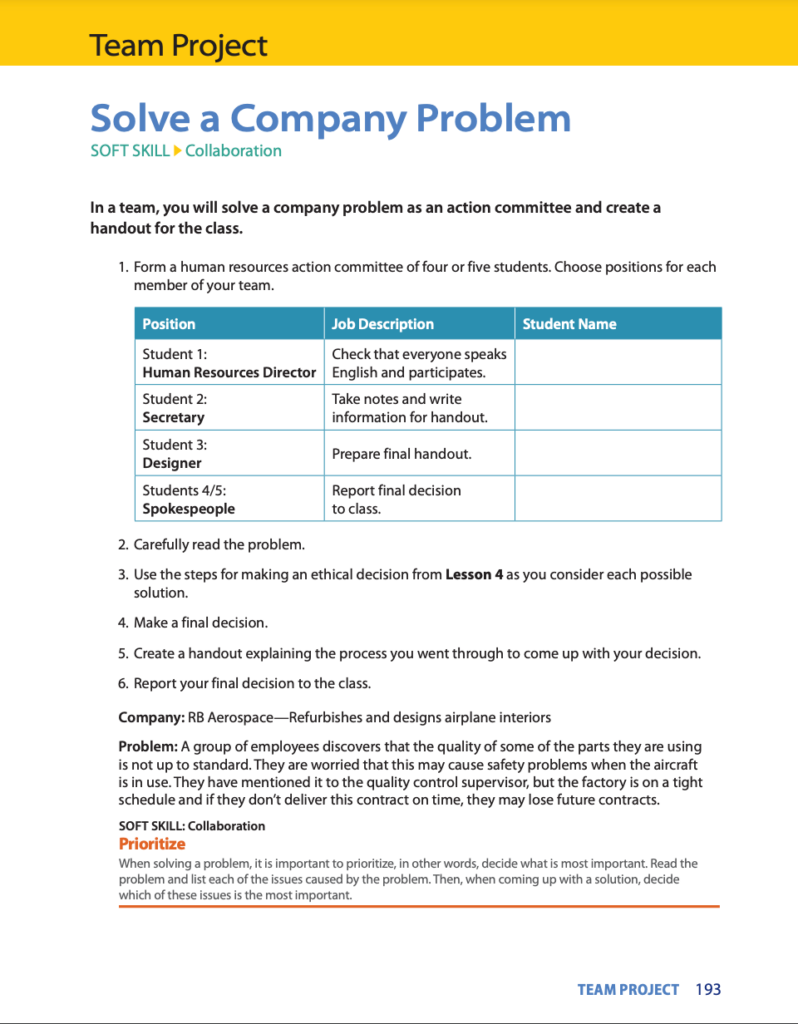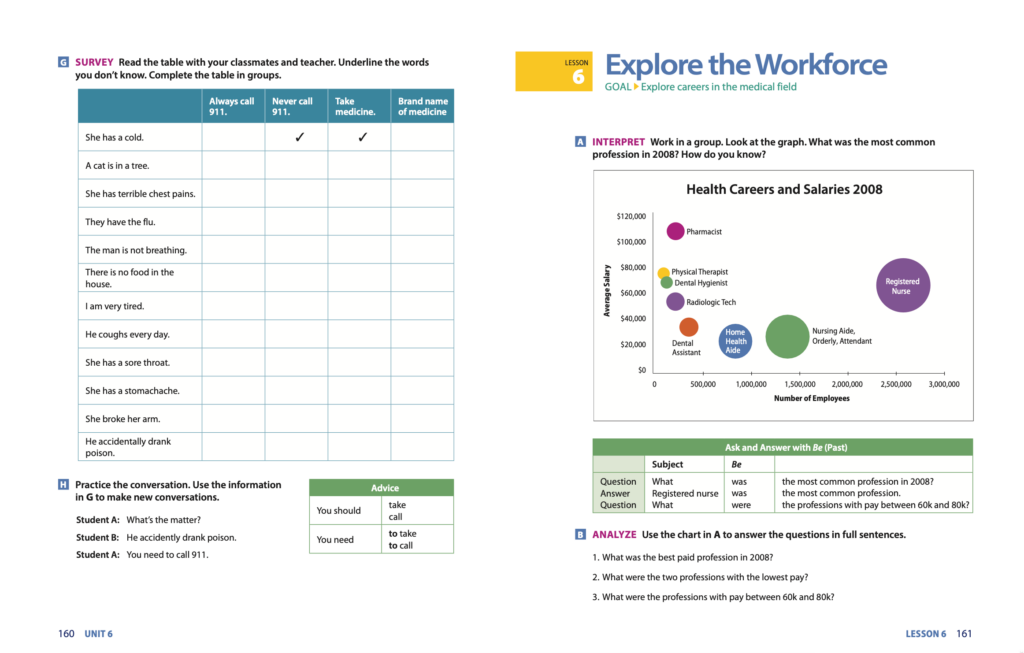This is a guest post by Southern Careers Institute, a 2025 Annual Conference sponsor.
For millions of Texans, mastering basic reading, writing, and numeracy is the first hard-won victory on the road to a better life. Roughly 4.8 million adults in the state still need some form of literacy education.
However, once adults build literacy skills, what comes next? How do newly literate Texans convert foundational skills into specialized expertise that puts food on the table?
Southern Careers Institute, a Texas-born career college with campuses from Brownsville to Austin and a growing roster of online options, exists to answer the question. Literacy opens the door to modern work, but employers hire for competence with specific tools, technologies, and regulations. SCI designs every program with that reality in mind.
Programs in healthcare, skilled trades, technology, and more embed industry vocabulary and document-heavy tasks (such as charting vital signs, interpreting wiring schematics, or troubleshooting cloud networks) into daily lab practice so that reading becomes doing.
Contextualized instruction turns comprehension into competence
Research shows that adults learn best when new information is tethered to immediate goals. SCI’s instructors, many of whom bring years of field experience, translate textbook language into job-site readiness the moment a lesson begins. In an HVAC classroom, for example, a vocabulary that includes “thermodynamics” and “refrigerant cycle” is paired with a lab assignment that requires students to read a pressure-temperature chart and adjust gauges on a live system. The reading comprehension built in earlier literacy classes now drives hands-on troubleshooting, and mistakes become teachable moments instead of barriers.
Healthcare programs follow the same pattern. Students study medical terminology one day and transcribe patient-intake notes the next, reinforcing spelling, abbreviations, and privacy regulations in real time. By weaving technical literacy into performance tasks, SCI helps adult learners internalize the specialized language employers expect without forcing them back into abstract theory alone.
Adult-friendly pacing and supports
Time and cost are chief concerns for adult learners who already juggle work and family. Most SCI programs can be completed in as little as five to fifteen months, depending on full- or part-time enrollment, so momentum from an adult-education milestone is not lost to multi-year detours.
Day and evening schedules, online formats, and career-services coaching reduce friction even further. SCI’s CareerHub job-matching tool lets students see Texas-wide openings mapped against the licenses or certifications each role requires, creating a clear line of sight from coursework to paycheck.
Employer alignment closes the skills gap
Texas businesses routinely cite a shortage of workers with soft skills and technical know-how. SCI maintains advisory boards of regional employers who preview curricula and suggest updates so that lessons stay current. Graduates are trained to sit for industry-recognized certifications and when appropriate train on advanced equipment their future supervisors already use, rather than relearning their skills from scratch on the job.
By the time an SCI student unwraps a diploma or certificate, the distance from literacy to livelihood has been reduced to a single step of applying for a new job.

Walking through the open door
Texas still has work to do before every adult reaches basic literacy, but thousands cross that threshold each year. SCI stands ready for the adults who built foundational skills, transforming the ability to read about opportunity into specialized training. For adults who have already proven they can learn, the next lesson is simple: specialized skills are within reach, and the classroom is designed for the lives they already lead.
Adults ready to take their next step towards a new career should visit scitexas.edu
Get Texas literacy updates
Join our mailing list so you don’t miss any news:
- Local and national literacy news
- Conference updates
- Regional symposia
- Best of Texas
- Advocacy
- …more!

